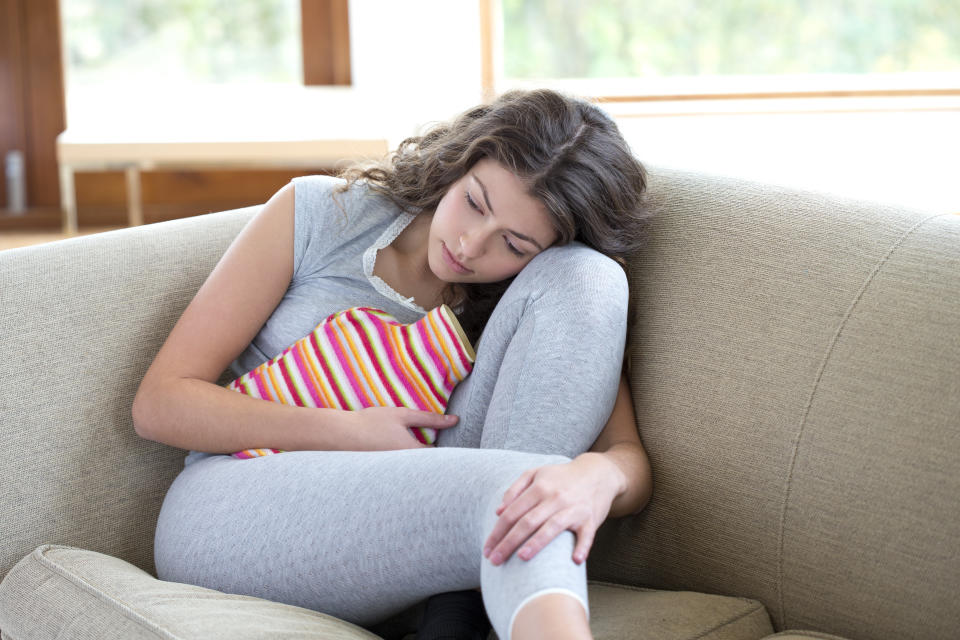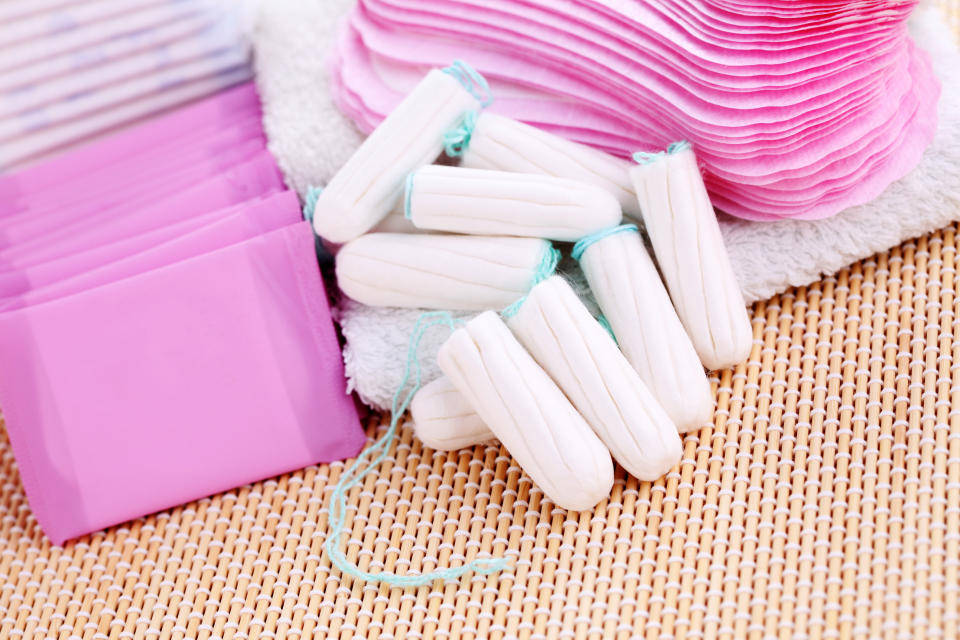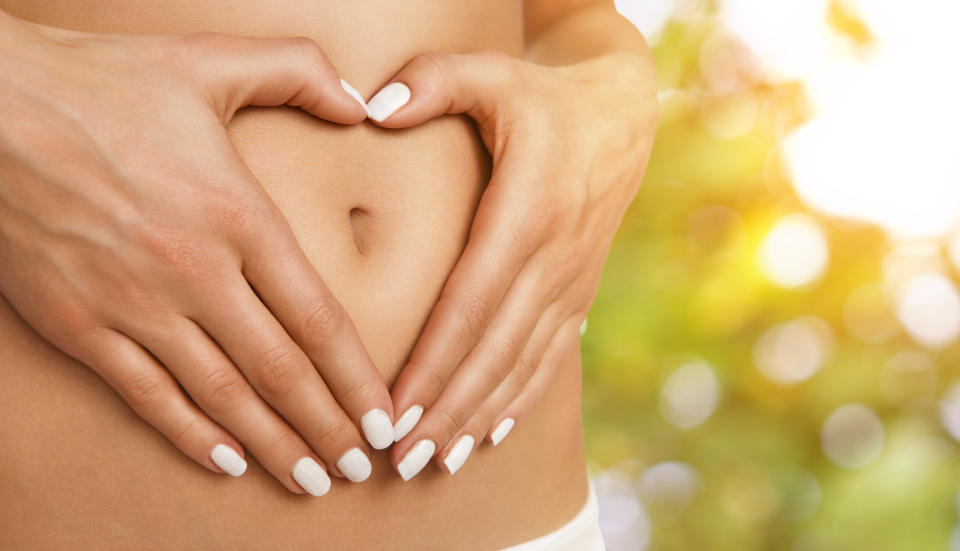What your period is telling you about your body
Many will agree that periods are pretty much the worst.
But while you may just want to load up on painkillers and curl up into the fetal position with your heat pack until the whole debacle is over every month, it’s actually important to pay a little more attention to what’s going on.

Between bad cramps, spotting or even missed periods, a woman’s menstrual cycle can actually reveal a lot about what’s going on in her body.
And according to female health expert Heba Shaheed, it’s extremely important for women to be aware of their cycle, as it affects all aspects of their life.

“From contraception to fertility, understanding your cycle can help you understand when you are most fertile, when you are going to ovulate, when you are going to menstruate, and so on,” Heba, co-founder and CEO of The Pelvic Expert, told Yahoo Lifestyle.
But beyond that, women may have other symptoms such as period pain, irregular periods, emotional symptoms, migraines, PMS and more, which can impact their day-to-day life.

Heba says the health of your cycle is based on its regularity, its length, the heaviness of the period, emotional symptoms, whether it is pain-free or painful, and how the cycle affects you at work, school, home and social situations.
A healthy period is one that is regular, averages three to seven days in a menstrual cycle of 28-30 days (give or take), light to moderately heavy, relatively pain-free without spotting.

So if any of these things change, there is most likely a reason.
Irregular periods could be a sign of PCOS (Polycystic ovary syndrome), Heba says.
RELATED:
“Especially if the periods consistently occur more than every 35 days or less than 21 days, and are accompanied by other symptoms such as acne, excess hair growth, or a pelvic ultrasound showing small cysts,” she tells us.

While a vast majority of women will experience period pain in some form, severe pain can mean a few things if it has been painful for a long time and is worsening. The most common cause of serious pain is endometriosis.
Endometriosis is where there is an abnormal growth of cells similar to the uterine lining in other places such as on the fallopian tubes, ovaries and bowels.
“Period pain could also be a sign of excess prostaglandins,” Heba says.
Prostaglandins are found in most tissues and organs and problems can limit the healing process, cause increased inflammation and pain, and impact your overall health.

If you don’t get your period at all this is known as amenorrhea – and if the reason isn’t because you are pregnant, breastfeeding or keep skipping your sugar pills it could be due to PCOS, or over-exercising, under-eating or excess stress.
So if you haven’t already been doing it, it’s time to pay a little more attention during that time of the month ladies.
Click here to sign up to our daily newsletter to get all the latest news and hacks. Or if you have a story tip, email us at lifestyle.tips@verizonmedia.com.


 Yahoo Lifestyle
Yahoo Lifestyle 

